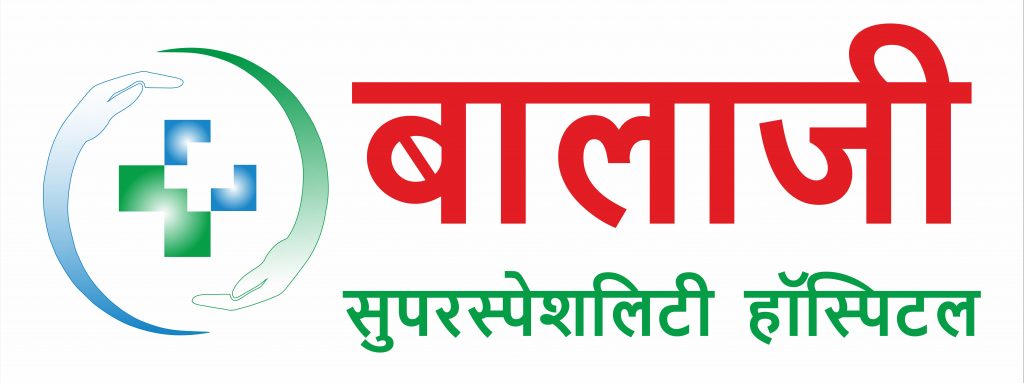
PET-CT Scan
About the PET-CT Scan
PET CT is a diagnostic imaging test primarily used for detection of cancer and several other ailments. The PET-CT Scan is a test that is done on a special PET-CT Machine which performs the 2 scans together:
- PET Scan: The Positron Emission Tomography or PET Scan component marks most actively upataking cells in the body. During the test, a small dosage of a Radioactive Tracers is injected into the patient. This molecule is an isotope which is actively uptaken by most active cancer cells in the body. The uptake of the tracer is measured by the PET scan component of PET/CT scan, to highlight and mark most cancers.
- CT Scan: The Computed Tomography or CT Scan is used for anatomical localisation of the body. A diagnostic quality CT Scan is performed along with the PET scan for the anatomical evaluation of the tests. Prior to the scan, all patients are given oral contrast (positive/negative) to drink. During the scan, intravenous contrast is injected (unless creatinine is high / history of prior allergy / referring physician’s discretion).
-
Types of PET-CT Scan
Your doctor will advise you which tracer is best for your PET CT Scan. The following PET Scan tracers and protocols are available with HOD:
- Whole Body PET Scan: Whole Body 18F-FDG PET CT Scan (18F-Fluoro Deoxy Glucose). This is the most common scan and comprises 90% of all PET Scan..
- For Prostate: Ga68 labelled PSMA (Prostate Specific Membrane Antigen) PSMA PET CT Scan. PSMA is better at localizing cases of Prostate Cancer as compared to Whole Body FDG PET Scan.
- For Neuro Endocrine Tumors: Ga68 labelled DOTA – DOTA PET-CT Scan. DOTA is better at localizing cases of NETs (Neuro Endoctine Tumors) as compared to Whole Body FDG PET Scan.
- For Abdomen: Whole Body FDG PET-CT with Triple Phase CT Upper Abdomen
- For Cardiac Viability Assessment: Cardiac PET-CT (FDG PET CT Scan + Cardiac Test Component on a Gamma Camera)
